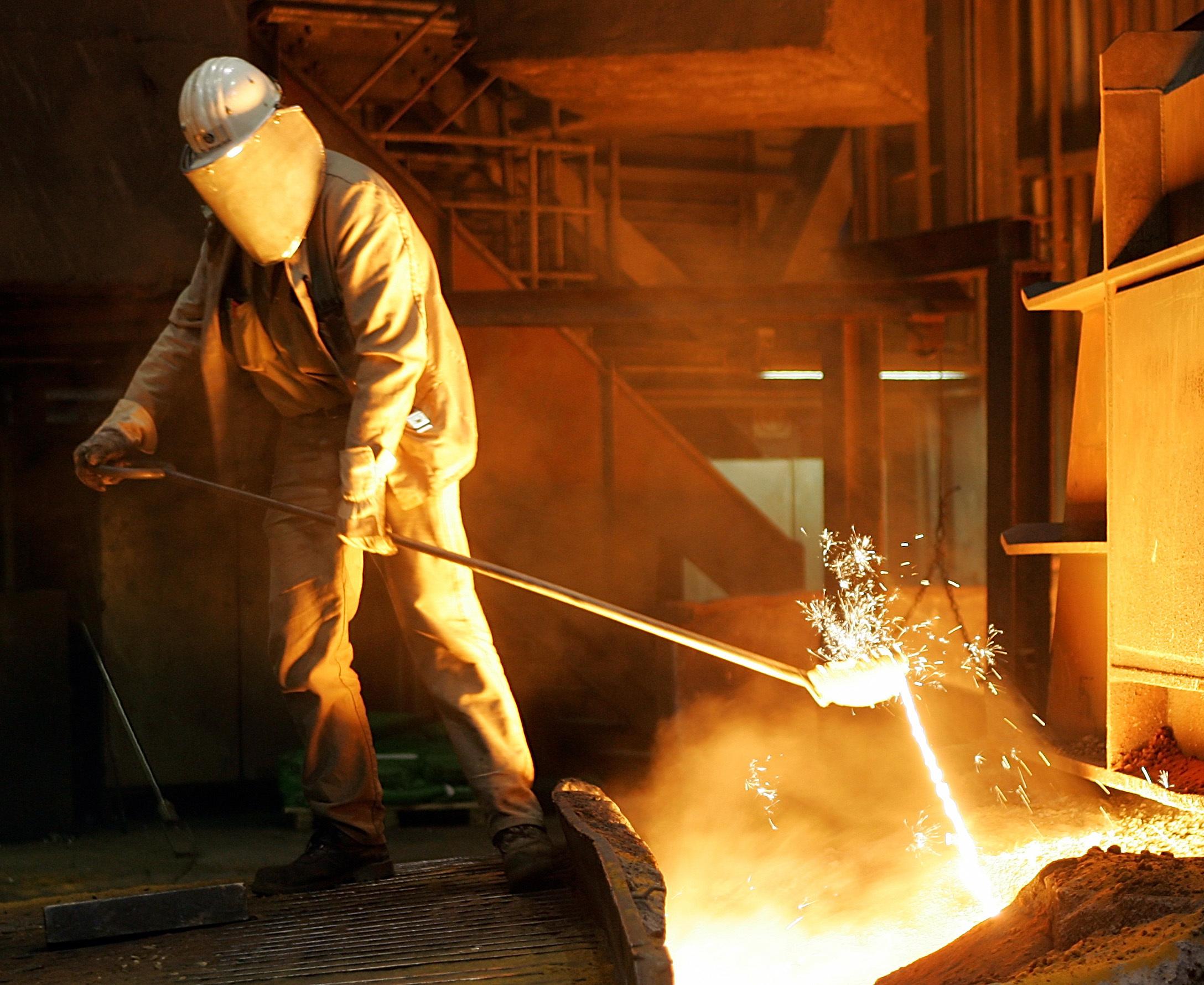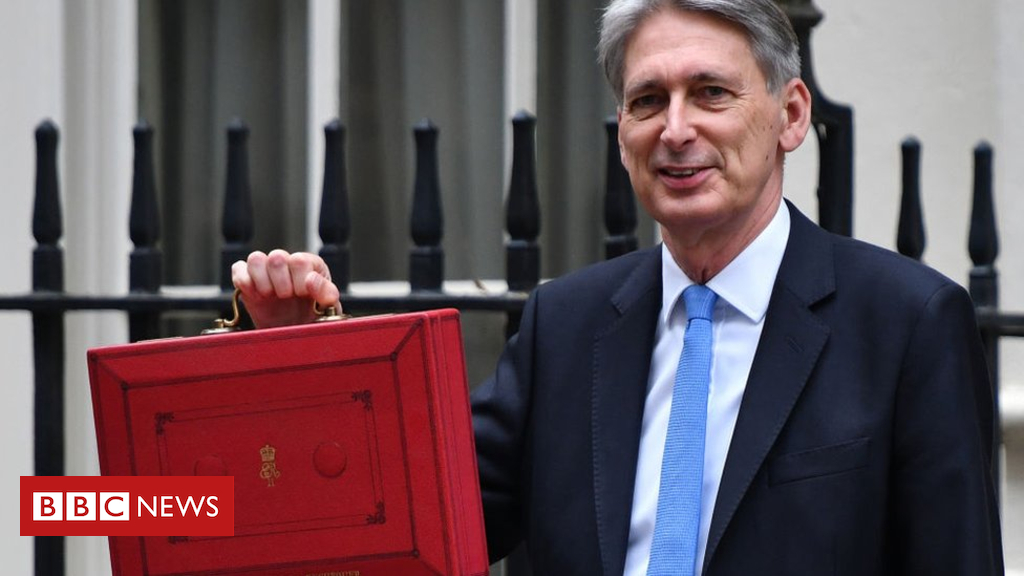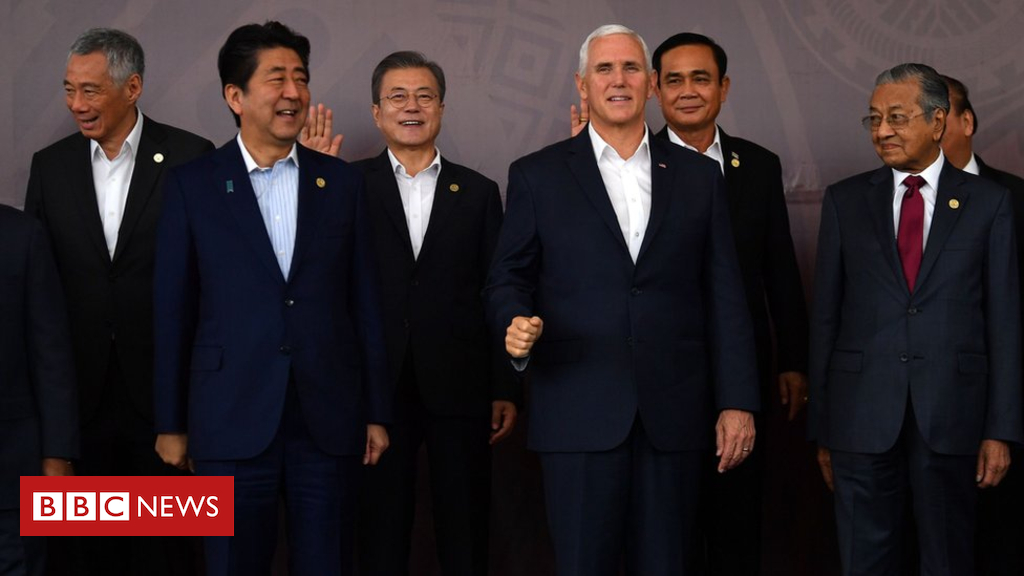
Trump administration officials said on Sunday that the president will press forward with his plans to impose new tariffs on steel and aluminum imports, amid growing criticism from some quarters overse
Trump administration officials said on Sunday that the president will press forward with his plans to impose new tariffs on steel and aluminum imports, amid growing criticism from some quarters overseas and on Capitol Hill that the move could plunge the U.S. headlong into an unwinnable trade war.
British Prime Minister Theresa May and other European officials — along with Democratic and Republican lawmakers in Congress — said the tariffs will cause far-reaching damage and the last thing the global economy needs is a trade war.
But the administration says Mr. Trump is merely following through on his tough campaign talk on trade and is predicting a negligible overall impact on U.S. consumers.
“This is an action, basically, to protect our national security and economic security,” White House trade adviser Peter Navarro said on CNN’s “State of the Union.”
“We can’t have a country that can defend itself and prosper without an aluminum and steel industry,” he said.
Mr. Trump said last week that he plans to roll out tariffs of 25 percent on steel imports and 10 percent on aluminum imports. Mr. Navarro predicted concrete action as soon as this week.
He said some businesses could be exempted but no country would be excluded from the tariffs despite criticism from key U.S. allies such as Canada and Britain.
“As soon as you exempt one country, then you have to exempt another country,” he said.
Commerce Secretary Wilbur L. Ross Jr. said the announcement shouldn’t have been shocking given Mr. Trump’s rhetoric on trade during the 2016 campaign, when he repeatedly criticized multilateral pacts such as the North American Free Trade Agreement.
“I think you have to take the president at his word. He made campaign promises. He’s pretty well-proven so far. He intends to keep his campaign promises,” Mr. Ross said on NBC’s “Meet the Press.”
“I have no reason to believe he’s going to change his mind,” Mr. Ross said.
Mr. Ross acknowledged that foreign officials have threatened to retaliate through tariffs of their own but said the $9 billion of tariffs in question is a fraction of 1 percent of the whole U.S. economy.
“What the European Union has talked about is some $3 billion or so of potential retaliation. That’s an even smaller fraction of 1 percent of the economy,” he said.
Jean-Claude Juncker, who heads the European Commission, warned that the EU might impose its own taxes on items such as Harley-Davidson motorcycles and bourbon — products that are near and dear to the economies of Wisconsin and Kentucky, the respective home states of House Speaker Paul D. Ryan and Senate Majority Leader Mitch McConnell.
“We will not sit idly while our industry is hit with unfair measures that put thousands of European jobs at risk,” he said.
Mrs. May also raised concerns about the plans with Mr. Trump in a Sunday phone call, and Canadian Prime Minister Justin Trudeau said the steel and aluminum tariffs would be “absolutely unacceptable.”
The announcement also sparked divisions within Mr. Trump’s administration and prompted speculation that economic adviser Gary Cohn — who opposed the tariffs — could resign as a result.
Mr. Ross said he didn’t know anything about rumors of Mr. Cohn’s resignation.
“Gary was certainly part of the interagency process,” he said. “The president likes to have dissenting views, likes to hear every side of everything because that way he makes sure that his final decision is the best-informed.”
The president’s announcement also prompted strong pushback from Republicans and Democrats on Capitol Hill.
Sen. Lindsey Graham, South Carolina Republican, said Sunday that Mr. Trump is going about things the wrong way if his goal is to target Chinese flooding of the worldwide steel market.
“You’re letting China off the hook. You’re punishing the American consumer and our allies. You’re making a huge mistake,” Mr. Graham said on CBS’s “Face the Nation.” “Go after China, not the rest of the world.”
Sen. Christopher Murphy, Connecticut Democrat, said the president’s enthusiasm for opening a trade war with Europe is a gift to Russia, which would welcome conflict between the U.S. and its European allies.
“So I just think the president needs to understand that there are times when these targeted sanctions are necessary, but you’ve got to do it at the right moment and you have to realize that none of it takes place in a vacuum,” Mr. Murphy said on ABC’s “This Week.”
The move has won praise from some union groups and Democrats, though, who say the president is right to try to punish countries acting in bad faith when it comes to trade issues.
“I like where the president is going on this. I really do,” Sen. Joe Manchin III, West Virginia Democrat, said on CBS.
“We’re talking about fair trade,” Mr. Manchin said. “Free trade hasn’t worked well for West Virginia. It really hasn’t. We have lost thousands of jobs. And we’re [talking] about a fairness to the system.”






